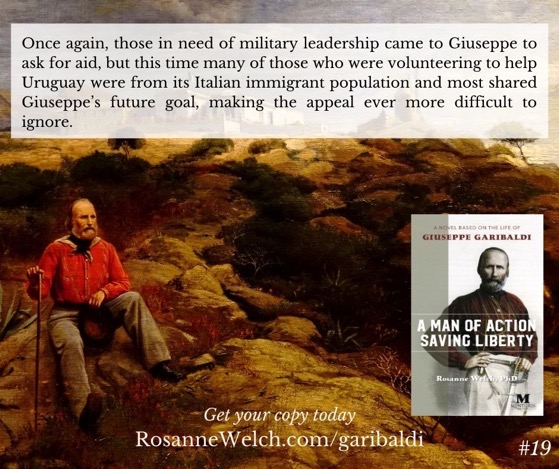Recently my co-author Peg Lamphier and I sat for an interview about our Civil War on Film book to discuss the American film industry’s depiction of the American Civil War and the mythologies and ideologies surrounding the experience of that war.
We completely destroy any idea that there is something noble and admirable about the Confederacy. There is not. They fought to preserve human bondage. That should be morally revolting to all twenty-first century Americans and the fact that it is not is a testament to how far we still have to go to heal the wounds of our nation’s history of slavery.
Suddenly, the book seems even more timely than when we began writing it 2 years ago. — Rosanne
New Book by IGE Lecturers Critique the Civil War in Films
For their third book project, lecturers Peg Lamphier and Roseanne Welch, in the Department of Interdisciplinary General Education, decided to write a book examining the American film industry’s depiction of the American Civil War. In their book, “The Civil War on Film,” the authors contend that American films are filled with mythologies and ideologies surrounding the experience of the war and further research is required to uncover the full, real history.
Peg Lamphier and Roseanne Welch, lecturers in the Department of Interdisciplinary General Education, team up on their third book, which examines the American film industry’s depiction of the American Civil War.
According to the authors, the Civil War, which occurred from 1861-1865, is contested ground both among historians and the general public. They argue that most are clear about the anti-slavery aims of the war, as well as the fundamentally treasonous nature of succession, but neo-Confederates cast the war in terms favorable to their white supremacist agenda.
In a joint statement, Lamphier and Welch wrote, “Our book is entirely unsympathetic to the Neo-Con/Lost Cause agenda and so we’re engaged in a vigorous refutation of a number of pro-Confederate myths that serve to hamper racial equality in modern America. We hope readers will better understand the nature of the war and the troubled way it’s been filmed as they work through our book. We also hope it shows readers that films always engage in a bit of fictionalization in order to heighten the drama.”
Other Welch/Lamphier Books
![New Book by IGE Lecturers Critique the Civil War in Films via PolyCentric [News]](https://rosannewelch.com/wp-content/uploads/2021/01/civil-war-film-cover.jpg)
![New Book by IGE Lecturers Critique the Civil War in Films via PolyCentric [News]](https://rosannewelch.com/wp-content/uploads/2021/01/Welch-and-Lamphier.jpg)


![45 Universal Themes in Samantha! from Brazil from Why Researching Screenwriters Has Always Mattered [Video] (37 seconds)](https://rosannewelch.com/wp-content/uploads/2021/01/rmw-sao-paolo-45.png)



![44 Samantha! from Brazil from Why Researching Screenwriters Has Always Mattered [Video] (1 minute)](https://rosannewelch.com/wp-content/uploads/2021/01/rmw-sao-paolo-44.png)

![Drs. Rosanne Welch and Sarah Clark discuss The Monkees “Here Come the Monkees (Pilot)” episode on the Zilch Podcast’s Monkees 101 Series [Audio]](https://rosannewelch.com/wp-content/uploads/2021/01/Zilch161sm.jpg)